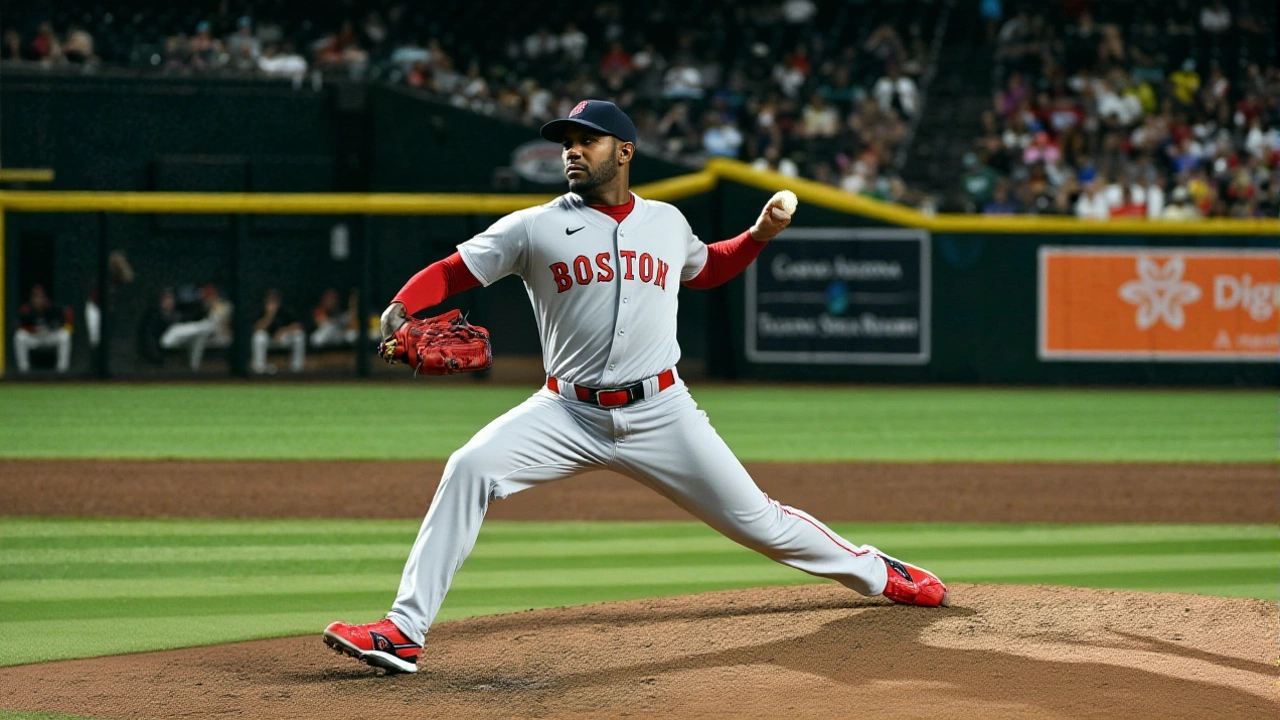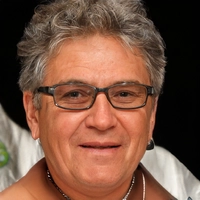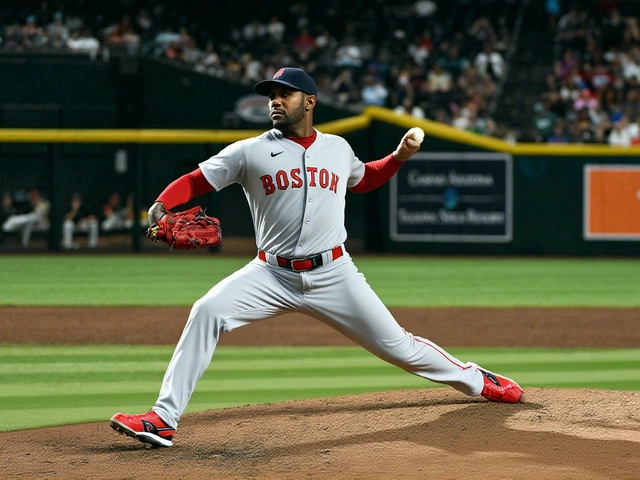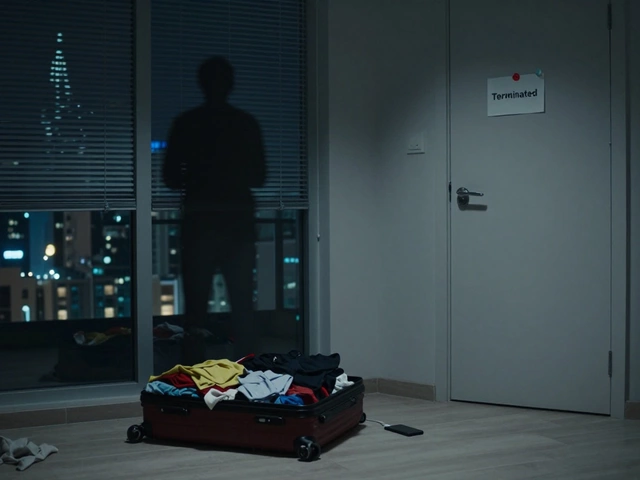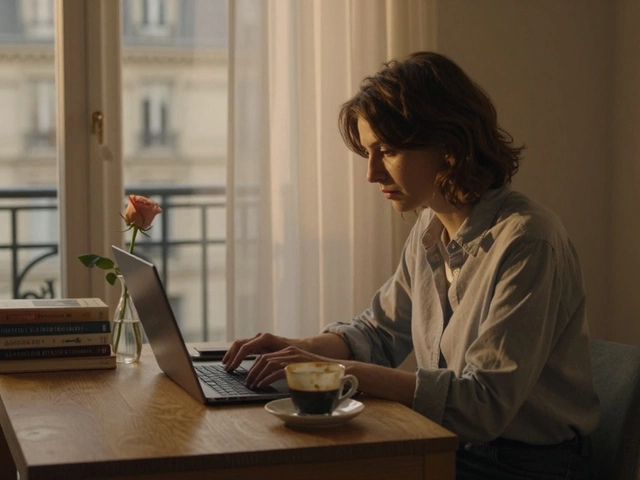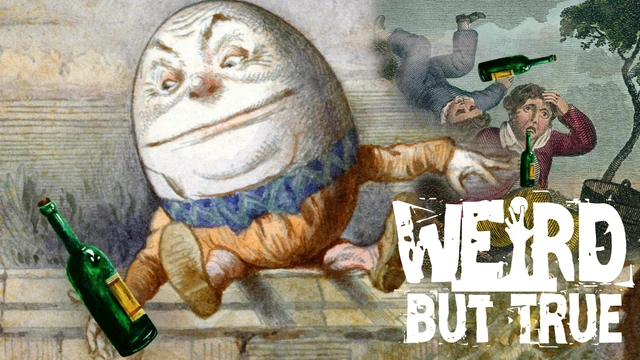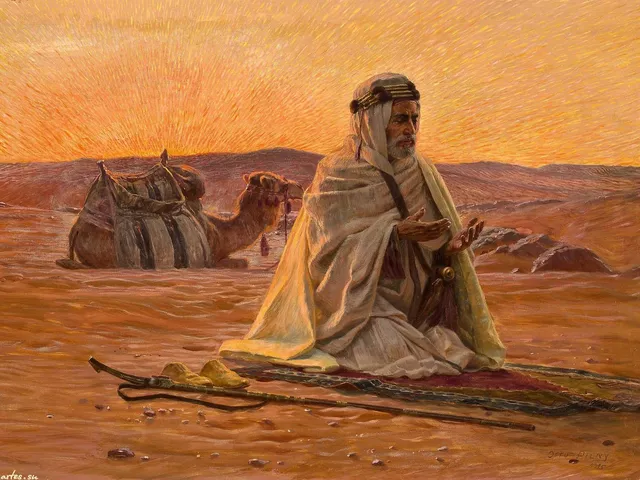When Fatima Al‑Mansouri, a rising Emirati poet, took the stage at the Dubai Opera House on , the audience didn’t just hear verses—they felt a cultural ripple that stretched from the Gulf to Geneva.
During World Poetry Day 2025Dubai Opera House, the Dubai Cultural Council unveiled a "Poetry Without Borders" initiative, aiming to fund 50 multilingual translation projects over the next two years. The announcement came just hours after Audrey Azoulay, UNESCO Director‑General, praised the Middle East’s growing literary scene in a live webcast.
Why This Celebration Matters
World Poetry Day, established by UNESCO in 1999, usually rolls out with modest readings in schools and libraries. This year, Dubai turned the occasion into a city‑wide festival, drawing more than 20,000 visitors and live‑streaming the event to over 3 million viewers across 140 countries. The twist is that the festival isn’t just a showcase—it’s a strategic cultural push designed to position the UAE as a hub for creative exchange.
Here’s the thing: the UAE’s Vision 2030 includes a hefty push for soft‑power through arts. By spotlighting poets like Al‑Mansouri, who writes in both Arabic and English, the government hopes to spark a new wave of cross‑border collaborations that could boost tourism and attract international publishers.
Event Highlights and Key Moments
Al‑Mansouri opened the evening with "Desert Echoes," a piece that weaves Bedouin oral tradition with modern urban imagery. She paused mid‑line, letting the hush linger like a breath, then resumed, “…and the city’s neon hum becomes a lullaby for wandering souls.” The crowd’s reaction was palpable—phones rose, but most stayed silent, letting the words settle.
Later, a panel titled "Poetry as Diplomacy" featured Dr. Karim al‑Saadi, a literary scholar from the American University in Dubai, and Leila Haddad, a Syrian refugee poet now based in Berlin. They debated whether verses can sway policy; Dr. al‑Saadi argued, “Poetry humanises statistics—think of the refugee crisis; a single line can change public sentiment.”
In a surprise move, UNESCO awarded a $500,000 grant to the "Global Voices Poetry Exchange," a project led by the International Poetry Society. The funding will translate 10 poems from each of the 150 UN member states into five major languages, aiming for a 2026 anthology.
Reactions from Stakeholders
Local artists cheered the initiative, noting that funding for Arabic‑language poetry has historically lagged behind pop‑culture grants. "It's a breath of fresh air," said Mohammed Al‑Jabri, founder of the Dubai Poetry Collective. "We finally have a platform that respects both our heritage and our future."
Conversely, some critics warned against treating culture as a marketing tool. Human Rights Watch’s regional director, Sarah Ahmed, cautioned, "While the festival celebrates art, the UAE must also address the ongoing restrictions on free expression." The director‑general of the Emirates Writers Union responded that the union is working on a “code of conduct” to protect poets.
Impact Assessment and Expert Analysis
Economic data posted by the Dubai Department of Tourism shows a 12 % uptick in hotel bookings during the three‑day festival, translating to an estimated $8.4 million in revenue. Cultural economists at the University of Sharjah estimate that every $1 million invested in the arts yields $4 million in indirect economic benefits—a figure that supports the council’s spend.
Meanwhile, literary analyst Dr. Nadia Karim of Oxford University highlighted a growing trend: "Arab poets are increasingly publishing in bilingual formats, which broadens their audience and invites collaboration with Western artists. Al‑Mansouri’s work epitomises this shift."
Looking Ahead: What’s Next for Poetry Without Borders?
The Dubai Cultural Council plans to launch a mobile app next quarter, allowing users to submit original verses for translation contests. Winners will receive mentorship from renowned poets, including British laureate Simon Armitage.
UNESCO’s next focus, according to its 2025‑2027 cultural strategy, is to embed poetry in school curricula worldwide. The agency hopes the Dubai model will serve as a blueprint for other nations seeking to blend heritage with innovation.
Background: Poetry’s Role in Global Diplomacy
Since its inception, World Poetry Day has been more than a literary holiday. In the early 2000s, poets from conflict zones used verses to bridge divides in the Balkans, Israel‑Palestine, and Rwanda. Those grassroots initiatives inspired UNESCO’s later decision to fund cross‑cultural projects.
In the Gulf, a similar evolution has unfolded. The 2019 “Nabati Poetry Revival” in Saudi Arabia sparked a resurgence of oral traditions, culminating in the 2022 Riyadh Poetry Forum, where world leaders exchanged haikus to ease trade negotiations. Dubai’s latest festival builds on that legacy, marrying prestige with grassroots energy.
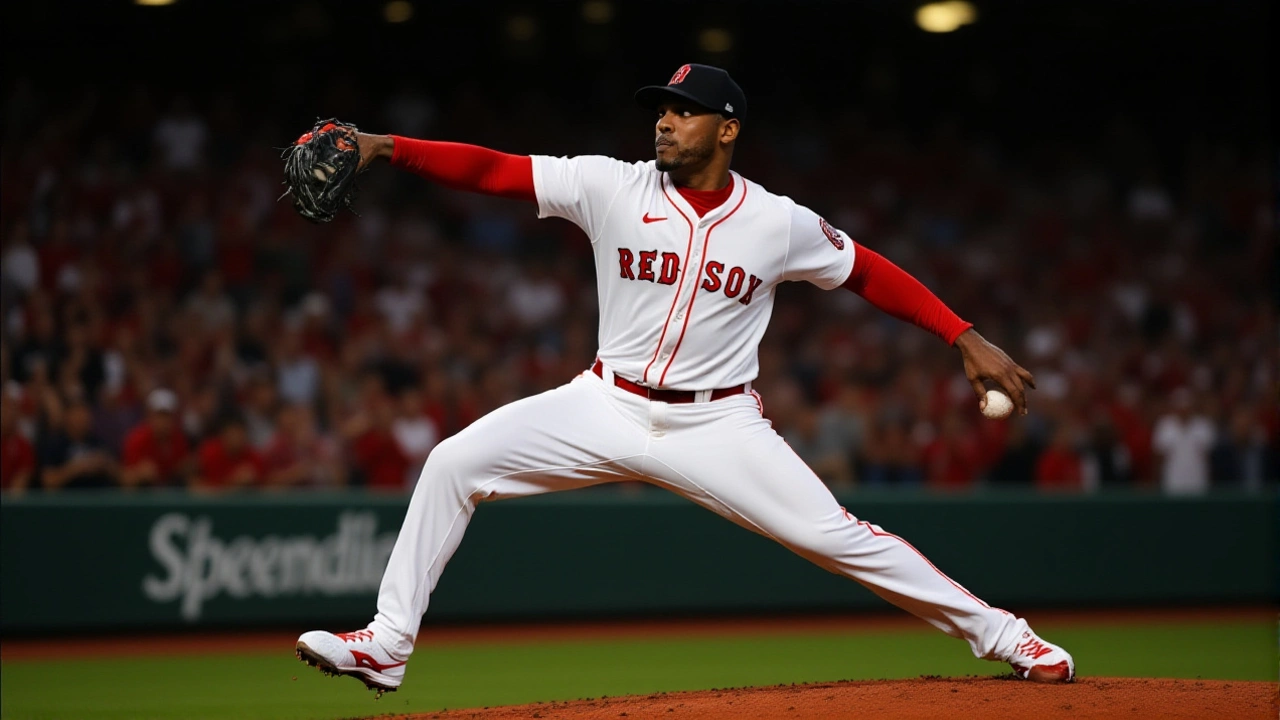
Frequently Asked Questions
How does the "Poetry Without Borders" initiative benefit emerging poets?
The program allocates $2 million in translation grants, enabling poets to publish their work in up to five languages. Recipients also receive mentorship from established writers and exposure through the festival’s live‑stream, which reached 3 million viewers in its debut year.
What role did UNESCO play in this year’s World Poetry Day?
UNESCO’s Director‑General Audrey Azoulay delivered the opening keynote, highlighting poetry’s power to foster dialogue. The organization also awarded a $500,000 grant to the Global Voices Poetry Exchange, reinforcing its commitment to multilingual literary collaboration.
Who are the main partners organizing the Dubai Poetry Festival?
The event is co‑hosted by the Dubai Cultural Council, the International Poetry Society, and the Emirates Writers Union. Private sponsors include Emirates Airline and the Abu Dhabian art collective Al Badi.
What are critics saying about the festival’s focus on soft power?
Human Rights Watch’s regional director Sarah Ahmed warned that celebrating art should not mask ongoing restrictions on free speech. Local writers’ unions, however, argue that increased visibility and funding will ultimately empower voices that were previously marginalized.
When will the mobile app for the poetry contests be launched?
The Dubai Cultural Council aims to roll out the app in Q4 2025, with beta testing slated for November. It will feature AI‑assisted translation tools and a public voting system for selecting winners.
